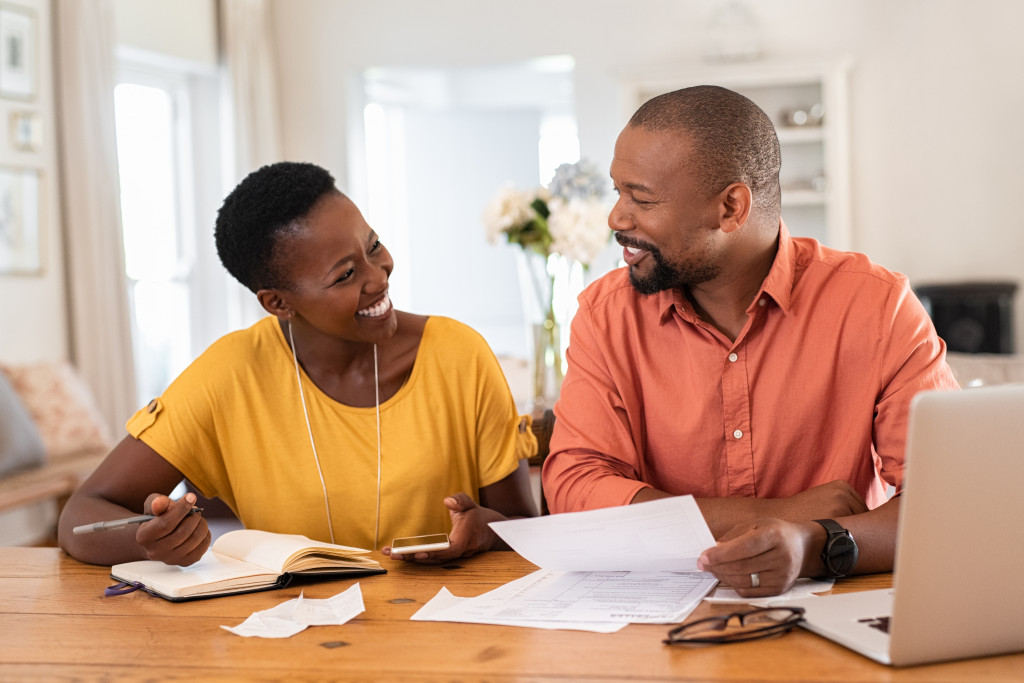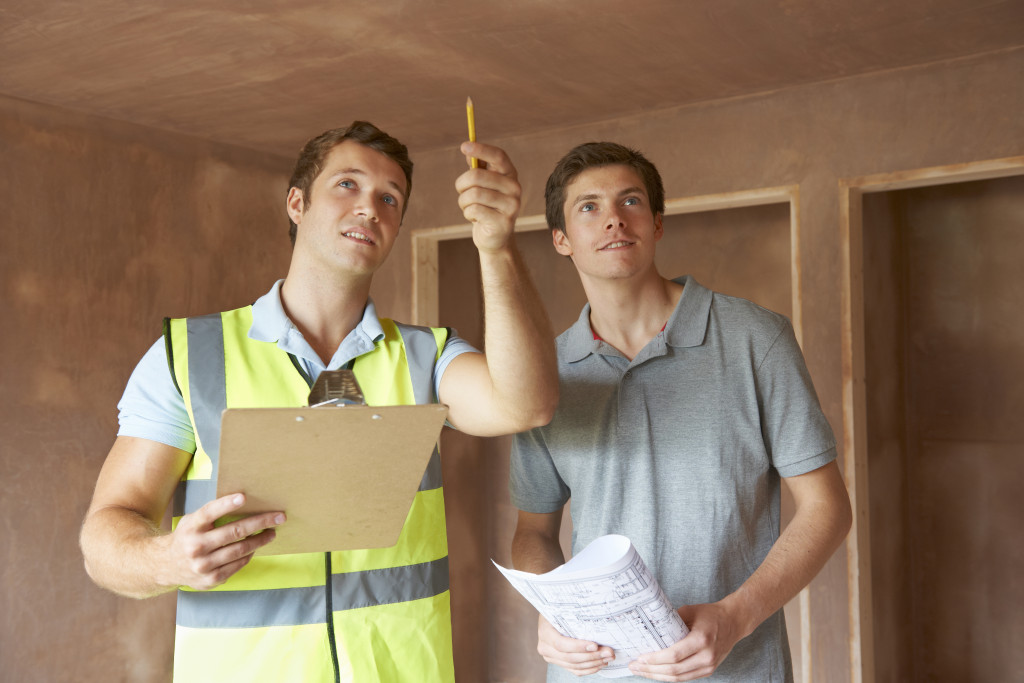- Please make a list of must-haves for your new home and use them to create criteria for your search.
- Consider house and land packages for added security, convenience, and cost savings.
- Assess your finances, determine a down payment, consider additional costs, and evaluate your lifestyle when determining your budget.
- Get a home inspection to uncover any potential issues
- Be prepared for additional expenses beyond the purchase price.
Buying a home can be exciting and overwhelming, especially for prominent families. There are so many factors to consider, such as location, size, budget, and safety, that it can easily get lost. You will feel more confident in your purchase if you take the time to assess all of these factors properly. Here are some tips to help you make a sound decision when buying a home for a large family:
Make a List of Must-Haves
The first step in the home-buying process is to create a list of must-haves for your new home. Sit down with your family and discuss the essential features of a home. This list should include the number of bedrooms, bathrooms, living spaces, and areas for storage.
If your family owns more than two vehicles, looking for a house with a garage would be wiser. Also, consider if you need special features like an extra bedroom for guests or an in-law suite. Once you have your list, use it to create criteria for your search. You should also consider the location of the home, the type of neighborhood, and the proximity to schools, parks, and other essential amenities.
Consider House and Land Packages
House and land packages are becoming increasingly popular among large families as they offer a complete package for a home. This setup allows you to purchase both the land and the house in one transaction, saving time and money. These packages often include new furniture, appliances, and outdoor landscaping.
Besides the convenience, house and land packages offer added security as you don’t have to worry about purchasing a “lemon” home. Since the house and land are sold together, you can rest assured that all necessary inspections have been done before the sale.
Determine Your Budget

One of the crucial factors to consider when buying a house is your budget. Before you start house-hunting, it’s essential to determine your budget to avoid financial stress or overstretching yourself. Here are some tips and factors to help you determine your budget when buying a house.
Assess Your Finances
The first step in determining your budget when buying a house is to assess your finances. This includes reviewing your income, expenses, assets, and debts. Evaluating your finances will help determine how much mortgage payment you can afford each month.
Determine Your Down Payment
Once you’ve assessed your finances, the next step is to determine your down payment. The down payment is the money you pay upfront when buying a house. The higher your down payment, the lower your monthly mortgage payments will be.
Consider Additional Costs
When buying a house, additional costs exist, such as closing costs, property taxes, and insurance. Make sure to factor in these costs when determining your budget. You may also want to consider getting pre-approved for a mortgage to give you a better idea of the amount you can borrow.
Evaluate Your Lifestyle
When determining your budget, it’s essential to evaluate your lifestyle. This includes your spending habits, savings goals, and long-term financial plans. Buying a house is a significant investment, and you want to ensure it aligns with your lifestyle.
Get a Home Inspection

Once you have found a home you are interested in, it is crucial to get a home inspection. An inspection will give you an idea of the condition of the house and any potential issues that may need to be addressed. Inspections can uncover structural damage, plumbing problems, and pest infestations. This information can help you negotiate during the buying process or even consider other options if the home is not structurally sound.
Be Prepared for Other Expenses
When buying a home, there are many expenses beyond the purchase price that you need to be prepared for. These include closing costs, moving expenses, repairs, and renovations. Be sure to create a budget that provides for these expenses so you don’t find yourself in financial trouble after the purchase.
The Bottom Line
Buying a home can be complex, but it doesn’t have to be stressful. By following these home-buying tips, prominent families can quickly make informed decisions and find their dream homes. Remember to create a must-have list, determine your budget, work with a real estate agent, get a home inspection, and be prepared for other expenses. With these tips in mind, you’ll be one step closer to finding the perfect home for your family.
